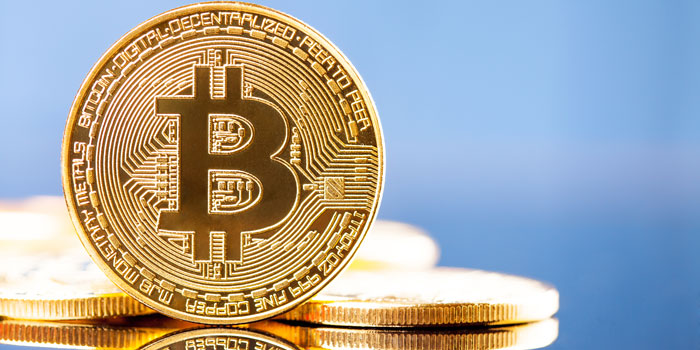If you’re considering buying bitcoin, it’s important to understand the risks and potential gains. The market is a complex and fast-paced place, so it’s best to do your research before you commit to anything.
Bitcoin is a digital currency that was created to provide an alternative way of sending and receiving money over the internet without involving a third party. It has gained in popularity as a way to invest, but the long-term utility remains unproven.
How to buy
To buy bitcoins, you need to sign up with a crypto exchange. Many of these sites offer a wide variety of cryptocurrencies and accept credit and debit cards, bank accounts, and online payment methods.
The best way to buy bitcoins is to choose a reputable exchange that offers excellent security, acceptable fees, and a user-friendly interface. In addition, you should find a platform that accepts your preferred payment method and that offers a quick and secure deposit and withdrawal process.
Buying bitcoins with cash is usually quicker and cheaper than using a credit card, but it can be risky because you never know who you’re dealing with. You can also use a peer-to-peer platform like Paxful to buy bitcoins from sellers who are located nearby.
Exchanges
There are a variety of exchanges that allow you to buy and sell Bitcoin. The right exchange for you depends on your needs and how you plan to trade.
Centralized ‘custodial’ exchanges like Bybit https://www.bybit.com/en-US/ , Kraken and Binance match buyers and sellers of cryptocurrencies to facilitate the trading process. These platforms take custody of your crypto assets, which can increase the risk of theft and hacking.
These centralized exchanges also require you to complete a Know Your Customer (KYC) verification process before they can open your account. This is to prevent money laundering and fraud.
In addition, a large number of crypto exchanges store a percentage of their customers’ funds in “cold storage,” where they are not connected to the internet. The exchanges use this to keep a certain amount of liquidity available and to help handle customer withdrawals and transfers.
You may also find exchanges that offer earning options, which can be a great way to earn a yield on your crypto investments. These include lending and staking your assets to secure a blockchain network.

Taxes
While most people buy and sell cryptocurrency for fun, it’s important to know that your purchases could have a tax impact. The IRS treats crypto like property, and gains and losses are generally subject to capital gains taxes.
To calculate your capital gain or loss from an exchange, take the fair market value of your bitcoin at the time of purchase minus the price you paid for it. This is your cost basis for the transaction, and you’ll need to report it on your taxes.
You can also get a tax break on the exchange of one cryptocurrency for another, but this doesn’t work if you bought your coins before January 1, 2018. The IRS is considering closing this loophole, so be sure to keep records about the date your coins were exchanged.
However, you can still have a taxable event when you spend your coins on goods or services. This is similar to selling a stock.
Security
Buying and trading bitcoins isn’t free from risk. Just like stocks, bonds and other investments, the value of a bitcoin could drop, or someone else might not pay you back, leaving you out of pocket.
One of the biggest risks is market volatility. The price of a single bitcoin can change wildly from day to day, which makes it hard to predict.
Another risk is regulatory uncertainty. China, for example, has banned cryptocurrency mining, putting many people’s crypto assets at risk.
Security measures are important, whether you’re storing your coins on an exchange or a private wallet. For instance, some exchanges offer bug bounty programs, which reward ethical hackers for reporting security weaknesses.
Online wallets, such as apps, desktop software and websites, are the most common way to buy, sell and trade cryptocurrencies. However, they’re also the most vulnerable to cyberattacks. Luckily, these types of wallets often have protection methods, such as two-factor authentication. Additionally, a cold wallet, which stores your keys offline and isn’t connected to the internet, is far less likely to be hacked.











